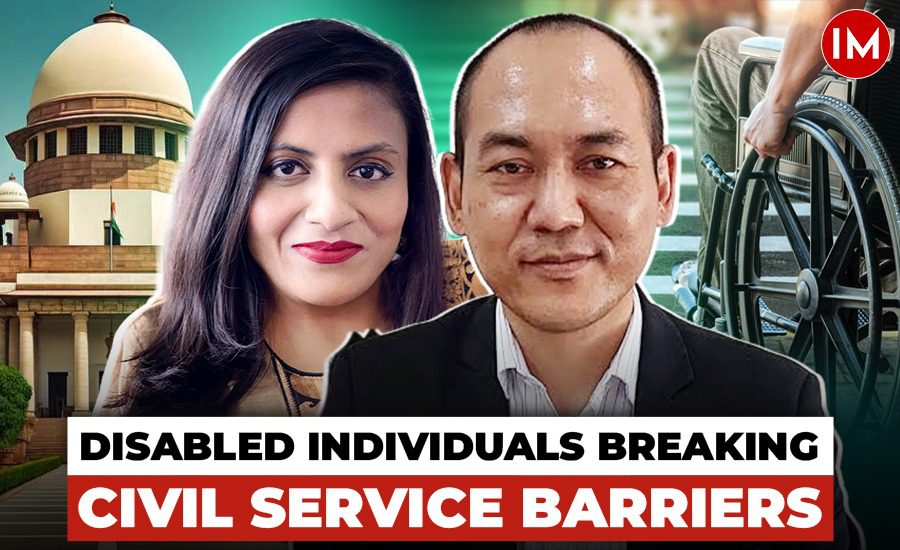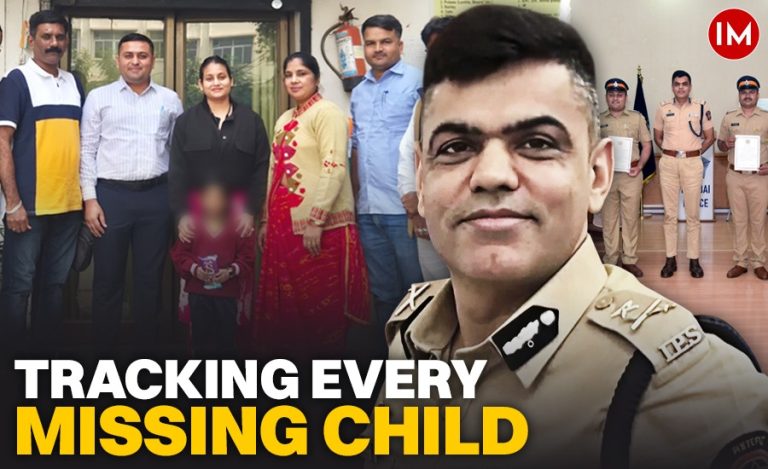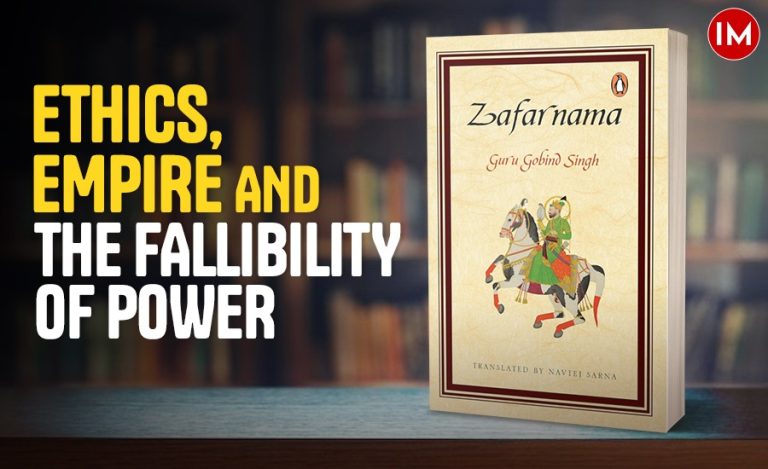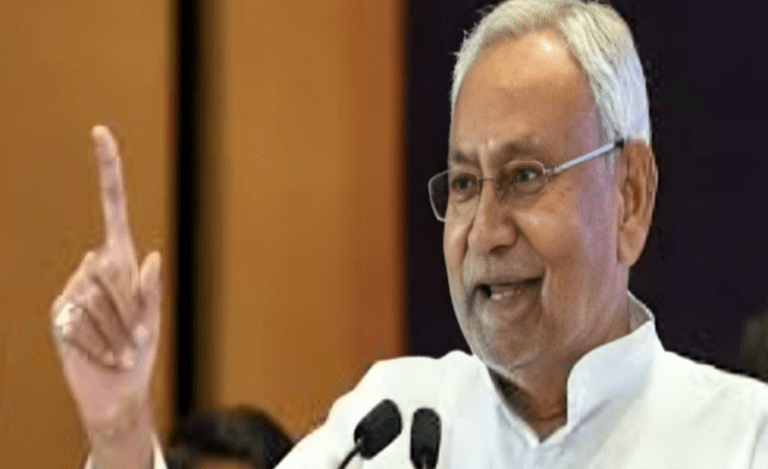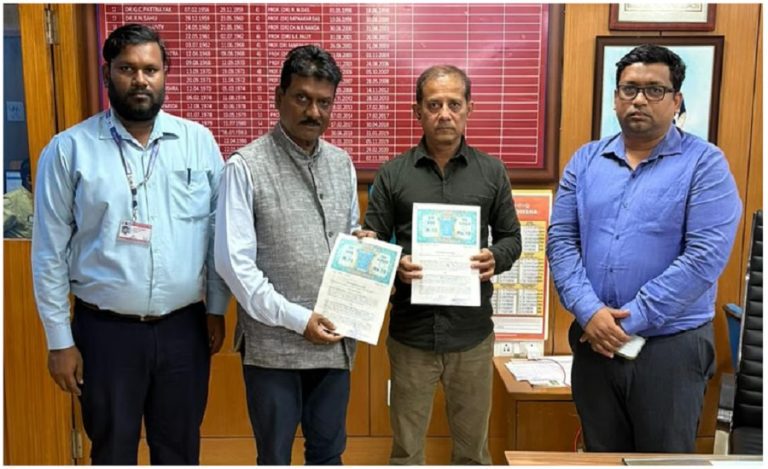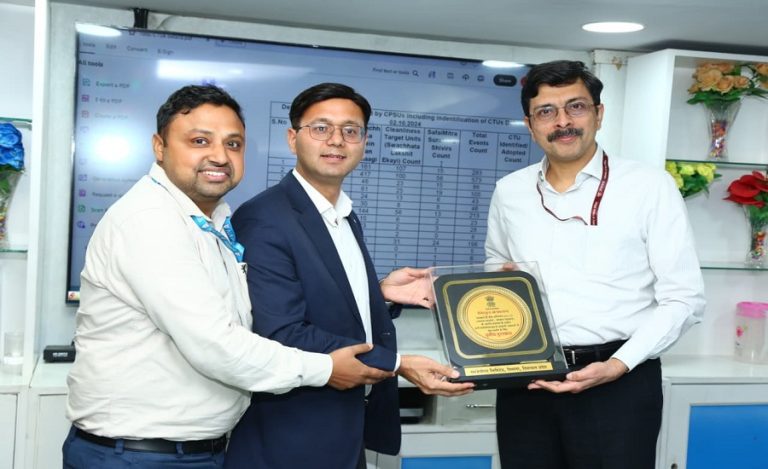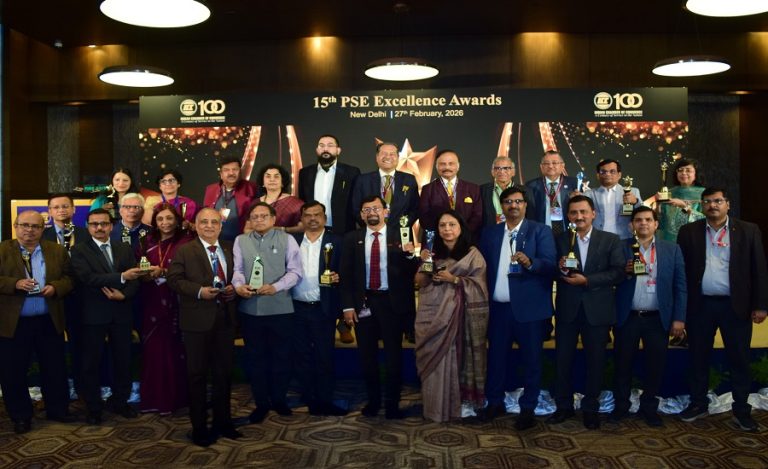In India, the Constitution guarantees equal rights and opportunities for disabled individuals, recognizing those with 40% or more disability, certified by medical experts. This includes blindness, visual impairment, hearing impairment, and locomotor disabilities. To integrate disabled people into mainstream life, the Constitution mandates reservations in government jobs and institutions.
Under the Act of 1955, a 3% reservation is provided for disabled persons to ensure they can lead normal lives. This was updated by the Rights of Persons with Disabilities Act, 2016, which aligns with India’s commitments under the United Nations Convention on the Rights of Persons with Disabilities, ratified in 2007. The new act replaces the previous 1995 legislation and increases the reservation to 4% for the PwD (Persons with Disabilities) category in various sectors, including the prestigious UPSC Civil Services Examination.
However, even after securing ranks in the UPSC exams, differently-abled candidates often face challenges in getting the services they desire due to specific physical standards for different posts. Despite these hurdles, many have successfully fought for their rights and set inspiring examples. Notable among them are Ira Singhal, Rigzin Samphel, and M Satish, who overcame legal and societal barriers to claim their rightful positions in the civil services.
Their stories reflect determination, resilience, and the quest for justice, inspiring many others to pursue their dreams despite the odds. Indian Masterminds brings you these remarkable tales of courage and perseverance, showcasing how they have become beacons of hope and motivation for countless aspirants across the country.
RIGZIN SAMPHEL
Rigzin Samphel hails from Ladakh and faced a challenging journey due to a serious accident during his student days, which left him with a disability in his right leg. Despite this, he graduated in commerce from Shri Ram College of Commerce (SRCC) and earned an MBA from Delhi University.
Ranked second among Scheduled Tribe candidates in 2003, Samphel was set for the IAS but was instead allotted the Indian Information Service. Displeased with this decision, he took his case to the Delhi High Court, SC/ST Commission, Cabinet Secretary, Prime Minister, and even the Supreme Court. After nearly two years of legal battles, he was finally allotted the Uttar Pradesh cadre in 2005. During this period, he worked in the private sector to support himself.
As an IAS officer, Samphel served as District Magistrate (DM) in Bahraich and Jalaun. He also worked as Special Secretary to former CM Akhilesh Yadav and current CM Yogi Adityanath, successfully navigating their ideological differences. Later, he was deputed to Jammu and Kashmir, serving as the secretary in the tourism department.
Throughout his career, Samphel received numerous accolades, including the Rajeev Narayan Foundation Public Service Award (2010-11), JP Morgan Social Impact Award (Health and Sanitation), and the Prime Minister’s National Award for MNREGA in 2008. Now, the ex-IAS officer has taken voluntary retirement (VRS) from his job.
M. SATISH
Mr. Satish qualified in the Civil Services Examination (CSE) 2002 with a rank of 249. Despite his qualification for the IRS, he was not allocated any post due to his physical disability (right-hand polio). In September 2003, he represented his case to the Government of India, highlighting this issue. However, no action was taken at that time.
On October 13, 2004, Mr. Satish once again presented his case to the then Prime Minister Dr. Manmohan Singh. Promptly responding to this, Dr. Singh ordered an immediate inquiry into the matter. After a thorough examination, the Government of India approved Mr. Satish’s allocation to the IRS. He was directed to join the training course already in progress, and the Department of Revenue was instructed to identify a suitable post for him before the completion of his training.
IRA SINGHAL
In 2010, Ira Singhal’s determination to join the Indian Revenue Services faced a significant obstacle when her appointment was canceled due to her disability. Born with kyphosis, a condition causing her spine to curve outwards, Ira’s body is 62% disabled, affecting her height and ability to fully twist her arms. Despite scoring high enough to qualify for the Customs and Central Excise Service cadre, her application was rejected as her disability did not match any listed categories.
Undeterred, Ira sought legal recourse through the Central Administrative Tribunal (CAT), arguing that the rejection violated the Persons with Disabilities Act, particularly Articles 14 and 16. Her father, Rajendra Singh, a consultant in the insurance sector, supported her fight, emphasizing the broader implications for other disabled candidates who might not have the resources to contest such decisions.
Ira’s legal battle continued as she repeatedly appeared for the UPSC exams in 2011, 2013, and 2014, each time hoping to improve her rank and secure a position where her disability would not be a barrier. During this period, she persisted with her lawsuit, seeking justice not just for herself but for others in similar situations.
In 2014, Ira finally won her case and was inducted as an assistant commissioner in the Customs and Central Excise Service. Her victory was a testament to her resilience and commitment to fighting for her rights. Shortly after this triumph, Ira achieved an even greater milestone by securing the top rank in the UPSC Civil Services Examination in 2014, solidifying her status as an inspiration for many. She is currently serving as Special Secretary, Education, in Arunachal Pradesh.

